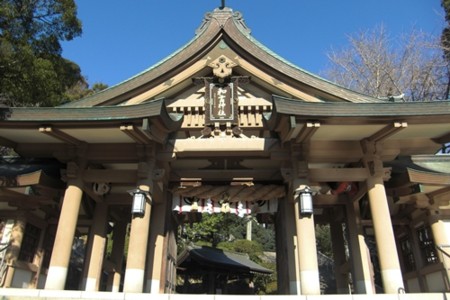これもすっかり失念していたことだが Klingsor は画家で、42歳の夏、訪れたイタリアの風光明媚な田舎町で精力的に絵を描きつづける。かたわら、複数の女性をふくむ友人たちと旧交を温め、やがて美しい娘を見そめる。……ざっとこんなものかな、『クリングソル』の前半は。べつにたいした話ではない。
が、ぼくはなにしろ根っからの田舎者で、田舎が舞台の小説は大歓迎。洋の東西を問わず、映画や小説に田舎が出てくるたびに目が釘づけになってしまう。それも夏の話なら最高だ。東京の大学に進学して以来、今にいたるも田舎といえば夏休み、夏休みといえば田舎、ということになっている。この夏もそうだった。
ちと長いが、こんな一節はどうだろう。'It was that glorious hour, with the daylight still glowing everywhere but the moon already gleaming and the first bats dipping in the green, shimmering air. One edge of woods stood dissolving in the last light, bright chestnut trunks against black shadows. A yellow cottage softly radiated the daylight it had absorbed, glowing gently like a topaz. The small paths, pink and violet, led through meadows, vineyards, and woods. Here and there an acacia twig had already yellowed. The western sky hung golden and green above the velvet blue mountains. Oh, to be able to work now, in this last enchanted quarter hour of the ripe summer's day which would never come again! How inexpressibly beautiful everything was now, how peaceful, good, and giving, as if filled with God.' (pp.198-199)
陶然と書き写しているうちに気づいたことがある。まず、画家が主人公というだけあって色彩あふれる描写である。当たり前の話だが、初読のときのメモは「夏らしい描写」。これでは何のことかよくわからない。ま、メモしただけましか。
つぎに、このくだりでも死の影が忍びよっている点である。'.... summer's day which would never come again!' という箇所だ。ここはおそらく読み流していたのではないか。
ぼくは前回、「どのページでも陽光が燦々と輝いている」と書いて本編の明るさを称揚したが、じつはその光には常に影もあり、Klingsor は人生を謳歌、高歌放吟するときでさえ自分の死を意識している。やはり「最後の夏」なのだ。'Beloved life, I greet you! I greet you, beloved death!' (p.183) '"Let us empty three hundred cups today," Klingsor sang. His sun-bleached hair glowed yellow, his laughter boomed. .... The carousel music surged and roared. But inside his heart, dread lurked. The heart did not want to die. The heart hated death.' (pp.192-193) Klingsor toyed with the empty bottles on the table, arranging them in a circle. "These are our cannon," he exclaimed. "With these cannon we shoot time to pieces, death to pieces, misery to pieces. .... Klingsor shot his wine cannon against death. Death loomed at the open doors of the tavern, which was swollen with people, wine and dance music. (pp.194-195)
これが本編における「明るさの本質」である。Klingsor が絵を描けば描くほど、酒を飲めば飲むほど、恋をすればするほど、それだけ死の意識は強くなる。逆に言えば、影があるからこそ光は輝きを増す。こんなこと、中1坊主だったぼくにはピンと来なかったんじゃないかな。
(写真は宇和島市和霊神社の神門。夏の和霊大祭では〈牛鬼〉という山車が市内を練り歩き、最後に〈牛鬼〉の頭がこの門に突っ込む)。
